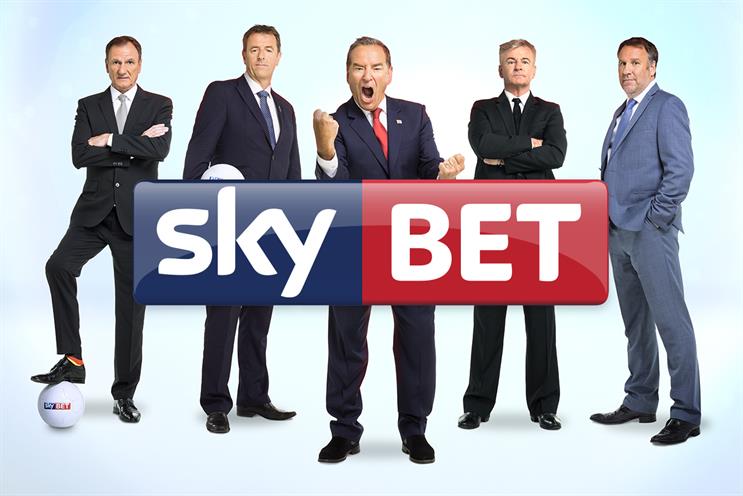I was recently approached by someone in the gambling sector for a little reputational and PR advice. I happen to be a shareholder of one of the main bookies and am on first-name terms with an industry chief executive but this was strictly professional consultancy.
A recent article I wrote in ±±¾©Èü³µpk10 about the pernicious effect of daytime ads on TV, extolling the "delights" of gambling to an audience of potentially millions of children, hit a nerve and I was asked to a meeting for an exchange of views.
Now that the dust is beginning to settle on the Government’s welcome decision to curb some of the worst excesses of the industry – capping fixed odds betting terminals at £2 instead of £100 – I feel duty-bound to mention that my advice about focusing on brand purpose was totally ignored. Which I knew it would be – but that doesn’t make me wrong. In fact, events since have proved me right. Because brands that refuse to engage with purpose risk long-term damage.
Anyway, here’s the gist of my pitch.
The gambling industry is destined to be in the firing line for years and desperately needs to start changing the conversation. It might take a while but saying the same things is not winning friends.
The public believes that gambling is out of control, is enticing the most vulnerable to spend fortunes and sink into debt and depression, is enabling addiction as much as it encourages fun, is an ugly pockmark on our once-vibrant High Street. And the public also knows that no matter how seductive the illusion, the industry will always win. That is how gambling works. After all, the gross gambling yield is close to £14bn, almost double what it was before the Gambling Act came into force a decade ago.
So allow that conversation to go on around the edges but, to detract from the negativity, start a new narrative. Create a purpose that has little to do with making gargantuan profits. Not just attempts at helping problem gamblers afflicted by addiction but genuine corporate policy to benefit society.
Gambling is all about numbers, so why not fund national maths scholarships at school or university for those with humble backgrounds. If the plethora of betting shops is considered to be pushing out small independent shops from the High Street, why not part-fund the rents of entrepreneurs whose ventures might actually increase footfall. How about aligning yourself with a health movement unconnected to addiction or depression, becoming one of its major advocates. Since gambling shops are so associated with inner-cities, be synonymous with prettifying life there.
In short, choose a purpose because you don’t appear to have one. The gambling industry is almost unique in that respect. Even big tobacco has found a sort-of purpose by creating vaping products that allow people to smoke but protect them (ostensibly) from contracting lung cancer.
Sure, having a flutter is fun. But what else does the gambling industry do? Maybe huge amounts of social good but, honestly, does anyone know about that?
And then came my last piece of advice. Be the one company to admit that you have a problem. Admit that it would benefit society if there were more safeguards. Admit that maybe there are too many opportunities for too many people at too young an age to take up gambling.
Break free from the corporate all-for-one and one-for-all industry shackles and defy the odds, stealing a march on your rivals by garnering some much-needed public sympathy. Make the announcement: "Yes, we must be more responsible." Be the one person in the room to zig when everyone else is addicted to zagging.
"There is less chance of this industry admitting it has a problem than of you being selected to open the batting for England," one of the assembled suits said. Which was why I was stunned by Sky Bet’s recent admission that, yes, the industry does have a problem so it is investing £1m with the English Football League to raise awareness of gambling addiction.
And what tactic have the rest of the bookies taken in the face of intense governmental lobbying and mass media opposition? They cried poor-me. Our profits will be down, we’ll have to close shops and make people redundant. All true no doubt. But tactics that are all about self-interest, lack any empathy and don’t allude to the fact that, yes, there quite clearly is a problem.
Purpose is essential if brands are to find new audiences and increase the loyalties of the ones they already have. Genuine purpose, not manufactured as if they were corporate social responsibility sticking plasters. Purpose beyond profit, sometimes purpose that will impact on profits.
Why do companies still find it hard to see what the rest of us prioritise in an age when the worst excesses of capitalism are being scrutinised as never before? Doing good is just as desirable as making money. Reputations can be made on it.
Grant Feller is the director of media consultancy GF Media


